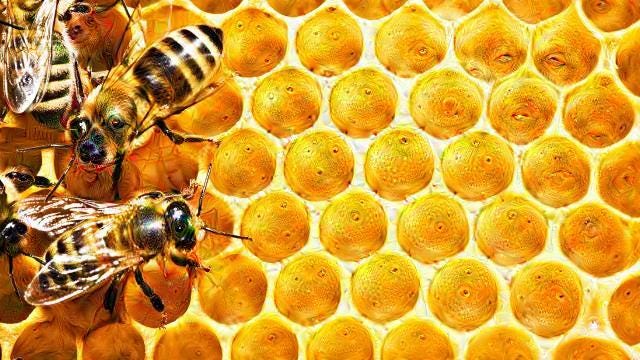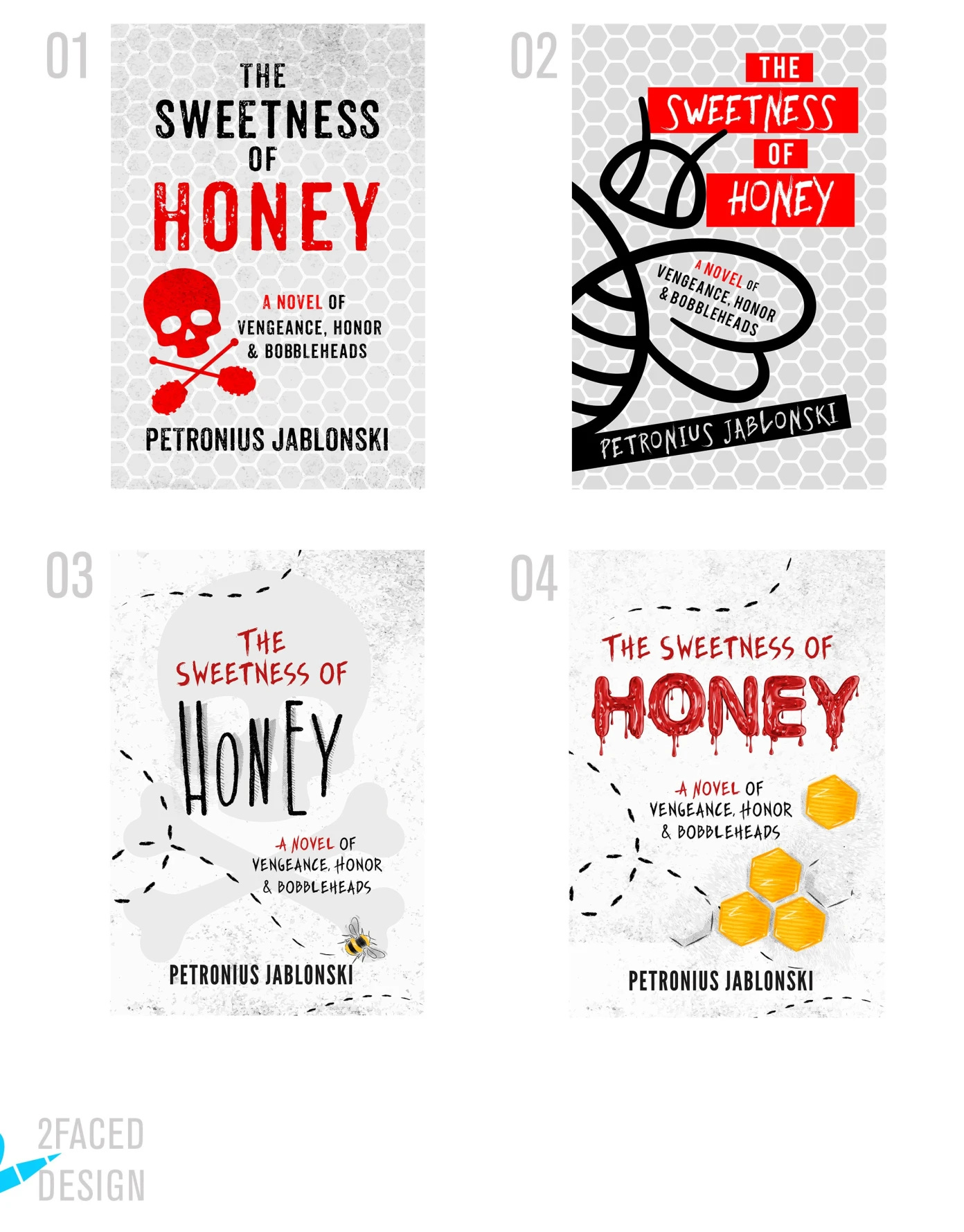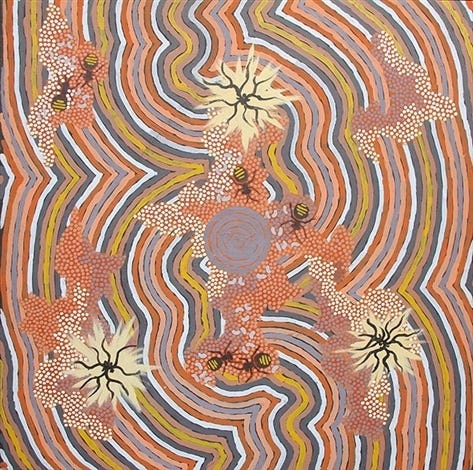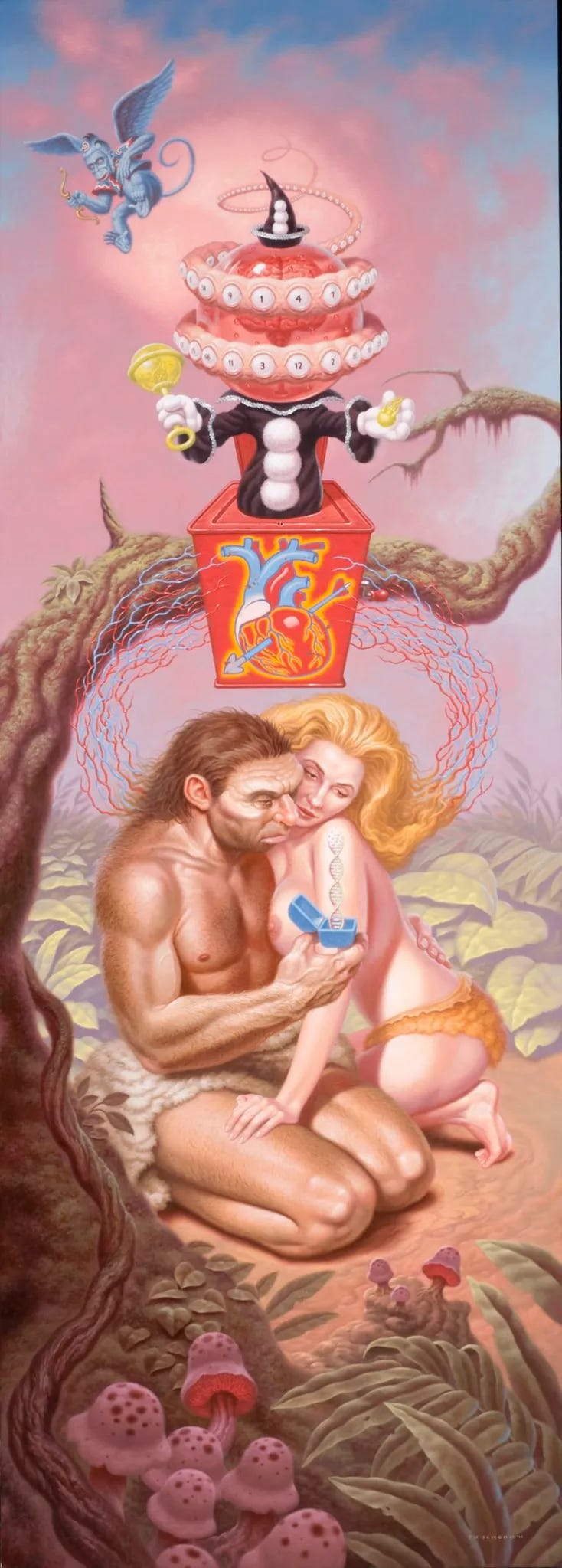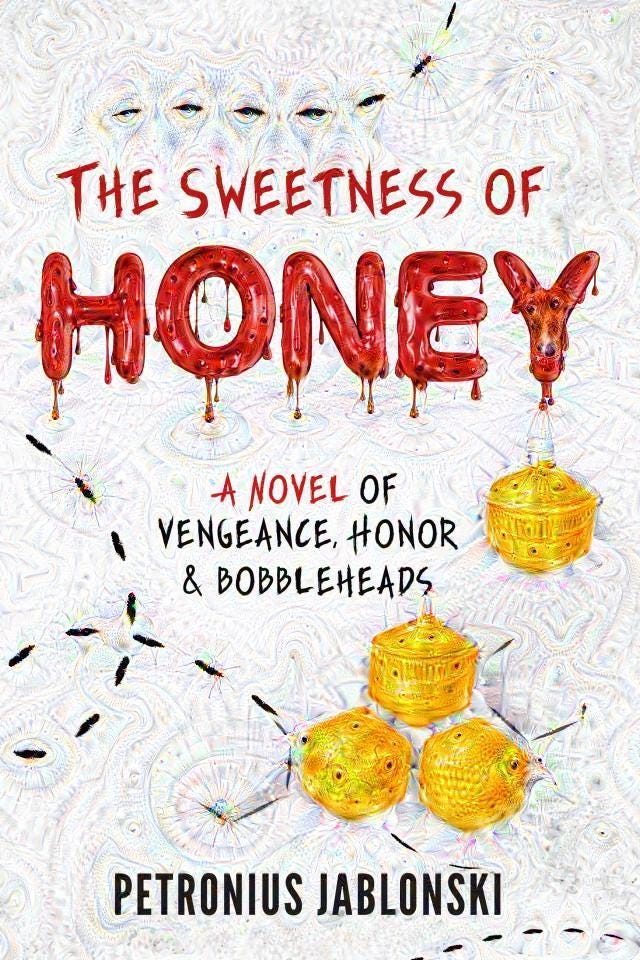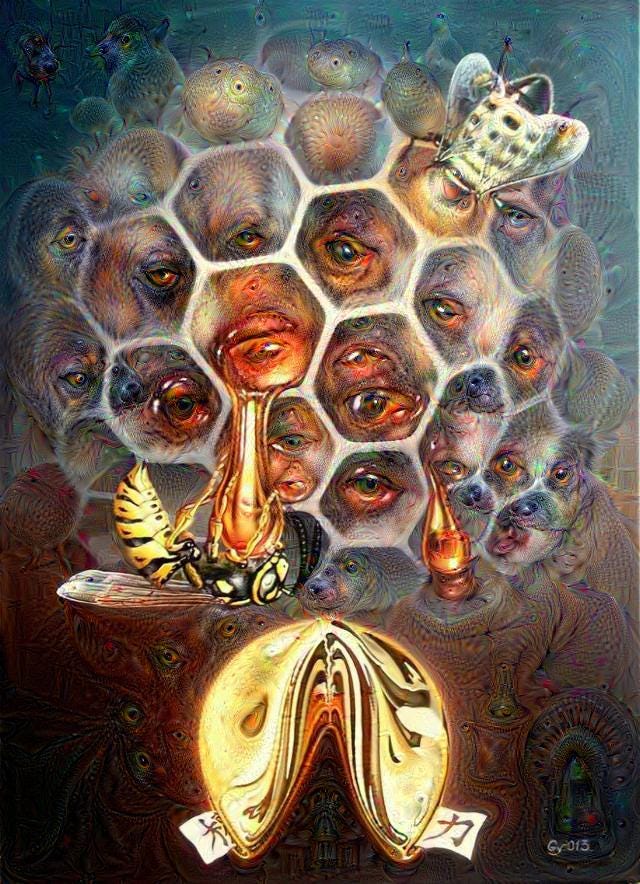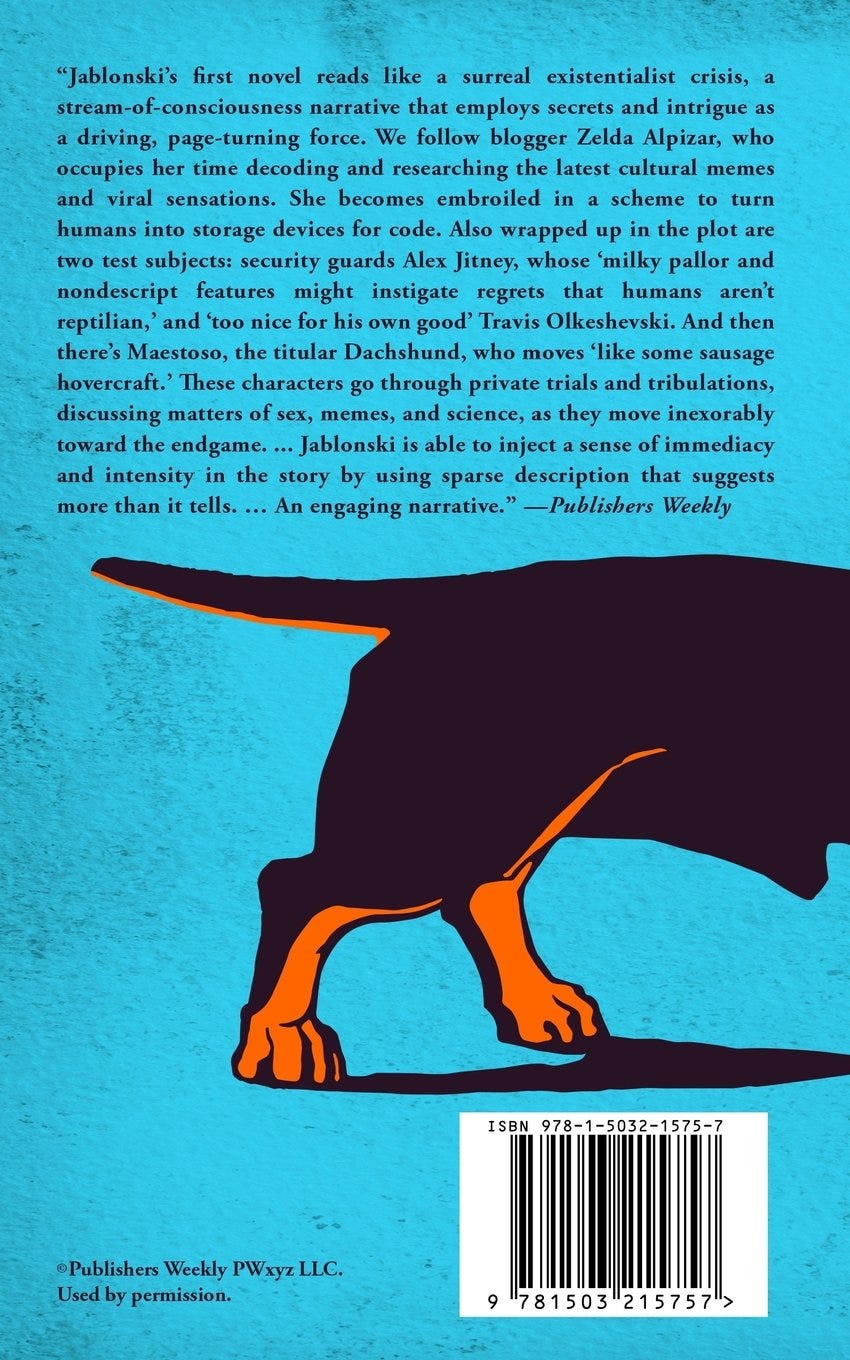Chapter One: Requiem for Gorillas
“He will be remembered for his sense of humor, his smile, how he loved to fish,” says the priest, as if citing an obscure beatitude. Blessed are they who cast their line from crowded piers. Memory of their deeds shall endure. Bonus points for smiling.
A hulking police officer walks across the altar and whispers in his ear. They confer, a pantomime of confusion and urgency. The officer takes the microphone like a reluctant karaoke singer. “I regret to inform you that we need to vacate the church. Starting with the back row, everyone please head to the parking lot across the street.”
A man scrambles from the first pew and stands before them. His suit leaves few details of his physique to the imagination, a reasonable goal for bodybuilders, which he is not. “What’s going on?”
“We’ve received a bomb threat,” says the officer.
“Is it real?”
“The people who call them in never say they’re fake. Wouldn’t be much of a threat.”
“This is Duncan Brandle,” says the priest. “It’s his father’s funeral.”
“No offense, but our concern is the rest of the gathering.”
Clouds of incense swirl above the departing bereaved, tie-dyed by a stained glass window where Michael the Archangel tramples Satan. If victory is assured, the game is rigged. What’s the point in playing? Two representatives of Schroeder & Sons push the casket toward the door.
“He’s not at any risk,” says Duncan.
“That depends on the blast,” says Schroeder Jr.
“Only the Althea Deluxe is designed to withstand explosions,” says Schroeder Sr.
“It would be disrespectful to leave him,” says the priest, putting a hand on Duncan’s arm. Center stage to all acts in the burlesque of life, a classic venue almost giving them respectability, the church is soon empty, no different than it would be after a baptism or wedding. The show must go on.
Beneath a neon taco across the street, a dark veil of mourners shrouds the hearse. Duncan stands on the curb watching cars drive past. To everyone else this is just another day. Blaring rap and dragging its muffler, a rusty Honda parks in the lot. A man with the body of a chicken emerges like some mythic creature the ancients neglected to chronicle, its deeds eclipsed by centaurs and gryphons. It attaches a chicken head and retrieves balloons from the trunk and skips toward the gathering honking an air horn.
A cloud absorbs the sun. Gasps from the crowd could be mistaken for the hissing of its extinguishment. The Schroeders study this unusual expression of grief. Is it a form of denial, anger, bargaining, or an eccentric cousin from New Orleans? Hard to say. The path of life offers no guidance for the impending cliff, only distractions.
“Is there a Duncan Brandle here? I’m Chirp the chicken.”
Some cultures acknowledge the shame of misfortune. Some pretend not to. Duncan sees the others watching, feels the third-degree burn of their judgment. “Who sent you?”
“Are you Duncan? Turn that frown upside down.” The balloons it releases expand and diminish like Jellybeans thrown into a pool. It blasts the horn and hops around on scrawny legs wrapped in yellow spandex.
When it squats and shits a silver egg two officers run across the lot and tackle it. “This might be the bomb,” shouts one. “Everyone get down!”
An armored man from the bomb squad waddles toward the egg. His partner circles it on a Segway scooter. Splayed bodies surround the hearse like linemen after a botched play. An ant crawls across a sliver of sun on the concrete beneath Duncan’s arms, from darkness into a patch of light back into darkness. Sound like anyone you know? Others follow, their paths labyrinthine, their obscurity abrupt.
Navigating a gully between Taco Hut’s parking lot and Walgreens, five adolescents peer over stacks of boxes. “Who ordered the pizzas?”
Duncan stands and removes his jacket. Sweat stains have transformed his shirt into the globe of another world. Drops trickle down his sunglasses, leaving crystal footprints. “Where are you supposed to deliver them?”
“The party outside Taco Hut. We had to park a block away. The cops got half the street closed off. Double anchovies and pineapple, right? They’re paid for but you can’t get them until you say hurray for Peppy’s.”
Duncan removes his shades. Red capillaries surround black holes with blue halos. He rubs his eyes as if massaging a sprain. What’s the right thing to do, or is this a singularity where social norms no longer apply? “I’m not saying it.”
“You have to. The guy who paid used the promotional coupon.”
“Did he leave a name?”
The boy puts his boxes on the ground and rips a label off the topmost. “It reeks like something died,” says one of his fellow deliverers.
“Anchovies are foul,” says another.
An elfin woman with white hair puts a vein-mapped hand on Duncan’s shoulder and apologizes for leaving. He apologizes for her need to apologize. Schroeder Jr. says he’ll take care of the pizza misunderstanding, says that’s what he’s here for, says, “Hurray for Peppy’s.”
“I don’t want the damn things,” says Duncan. “Who’s going to eat them?”
“Some people like anchovies.”
“But not pineapple.”
Like a tortoise trained to walk on its hind legs, the armored man places the suspicious egg in a metal drum on a trailer with a long hitch. He goes across the street where the police are interrogating Cluck. One officer speaks to the priest. The arched entrance of the church dwarfs the two watchmen, sentinels of different territories. Through a bullhorn the officer calls everyone back.
Duncan walks behind the others, alone with his thoughts like a blind man in a stampede. Some wonder why his father is dead, why now rather than in ten years, why this type of cancer instead of another. No one asks why he was alive, or why anyone is. Perhaps the ceremony quells the anarchy of Reason, the way coronations prevented revolutions.
The priest extends a hand to Duncan. “Come on inside,” he says, mouth agape, his eyes captive to a hijacker demanding an impossible ransom from his senses. Duncan turns to the source but the discreet elements fail to congeal.
Some things are not the sum of their parts but only the parts and cannot be melded by our minds or caged by our concepts: a gorilla, a pink tutu, a safari hat, handfuls of glitter. “Sorry I’m late. Is there a Duncan Brandle here?”
“That would be me,” says Duncan, looking over the ape’s shoulder at a Walgreens employee smoking a cigarette and playing with her phone. The day Icarus fell from the sky was just another day too.
“I’m going to do a little dance, then I want you to try.” Several mourners form a semicircle. The gorilla does the Boogaloo, the Swim, and the Mashed Potato. Duncan watches as though mesmerized by the shaman of some primeval tribe.
Far above, illuming ants and primates alike, contingent and transitory as both and cursed with the fragility this entails, the cluster of gasses recently nicknamed the sun seeps across the boneyard of Time toward its own demise.
When a skirmish of practical jokes escalates, three men learn the boundary separating pranks from vengeance is drawn in dust. An eye for an eye becomes a worthless guide once they’re lashing out blindly. Caught in the crossfire of their reprisals, Vicki, a sarcastic hairstylist, must decide whether to take sides in a war or play Gandhi to madmen.
The bullied becomes the bully when Nelson pays Duncan and Tyler back for childhood torments. Such scores never stay settled. Duncan, an obsessive bobblehead collector, sees practical jokes as art. To Tyler it’s all about honor. After they retaliate, the sleep of forgiveness brings forth monsters: a blitzkrieg where suspicion dissolves alliances, mutually assured destruction is no deterrent, and unintended consequences mock all battle plans.
With war comes collateral damage. Hypnotized by a bobble-wielding Duncan, Vicki perpetrates a cruel prank against Tyler. Upon realizing she’s being used as a human IED, the enemy of her enemy becomes her boyfriend. Unknown is whether she’s chosen the right side, or if there is one.
Fantasies of Revenge are indigenous to a shadowy land where nightmares, archetypes, and bestial yearnings vie for dominion. The Sweetness of Honey charts this territory, offering the forbidden fruit of schadenfreude. “Revenge is sweeter far than flowing honey,” said Homer. Bears aren’t the only species willing to endure hardship for a taste.
Bobbleheads, Epiphenominalism, and You
A Synoptic Survey of Estimated Prophet



